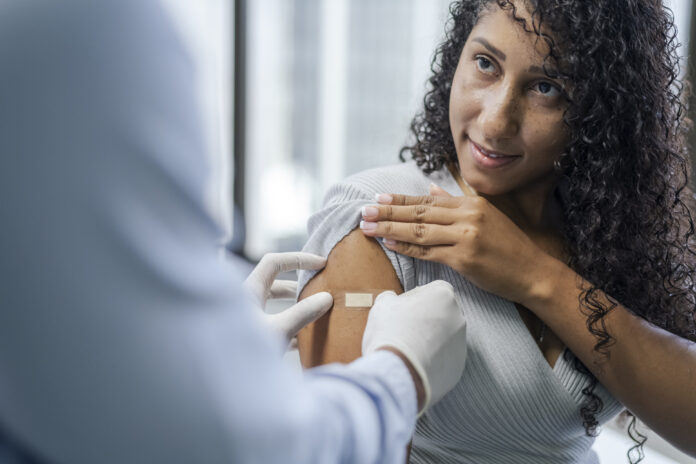Two new Covid-19 booster vaccines are now available, from Moderna and Pfizer-BioNTech (“Pfizer”). Here are some key points about them—including their safety, effectiveness, and who should get them and when—from Dr. John Swartzberg, chair of the Wellness Letter editorial board:
Their composition
- Both the Moderna and Pfizer boosters, like their predecessors, are mRNA vaccines (which use genetic material to instruct our cells to produce a spike protein that will trigger an immune response against the Covid virus). And, for the first time, the vaccines are “bivalent” (meaning the vaccines contain mRNA to code for two different spike proteins).
- Importantly, they were designed to fend off the latest Omicron subvariant, BA.5, which is currently causing over 80 percent of infections in the U.S.
- The bivalent Moderna vaccine contains 25 micrograms of mRNA from the original (ancestral) virus, plus 25 micrograms from the Omicron subvariant BA.5. The bivalent Pfizer vaccine contains 15 micrograms from the original virus, plus 15 micrograms from Omicron BA.5.
Their safety
- There are no human studies that directly address the safety of the two new vaccines. Moderna and Pfizer performed studies in about 1,400 adults on the safety of the bivalent vaccine previously developed, which worked against the BA.1 subvariant. The side effects were similar to those of the original vaccines. The BA.1 subvariant is the one that caused much of the winter surge in 2021–2022.
- The new vaccine composition is like changing a handful of letters on a page of a book. This is exactly what we have been doing with influenza vaccines over the past several decades—and we don’t repeat safety studies on humans each year, as there’s no reason to do so.
- I feel confident that the safety issues for the new boosters will be much like we have seen with the hundreds of millions of doses of the original vaccine already given.
Their effectiveness
- We only have lab data. It would be nice to have robust data in humans, but by the time that would be available, it would be too late to protect people if we have another winter surge.
- At worst, the boosters’ effectiveness will be equivalent to the previous boosters. It’s likely it will be better. The question is by how much.
- If these vaccines are even modestly more effective, researchers predict they could avert over 1 million deaths and 100,000 hospitalizations this winter.
Current recommendations
- Everyone ages 12 and older who has had any of the vaccines and either one or two boosters before now should get the new booster as long it is at least two months since their last inoculation (vaccine or booster). This is especially important for people 65 and older and those at increased risk for a bad outcome if they become infected.
- Ideally, you will get the best protection from the new booster if you wait four to six months after your last booster.
- While four to six months after the last shot is ideal, if you are scheduled to travel or otherwise be in a high-risk gathering, it may be wise to go ahead and get the booster even if it is sooner than four months (but more than two months).
- If you have tested positive for Covid recently, the recommendation is to wait at least three months after that infection.
Bottom line: No one knows what will happen with Covid this winter. We have had two terrible surges during the past two winters. If history is any indication, there’s a good chance this winter will be no exception. But this is the first winter where we will have a new vaccine that has the potential to prevent an enormous amount of suffering from Covid over the next several months. For more information about staying up to date with Covid vaccines, see this CDC webpage.





